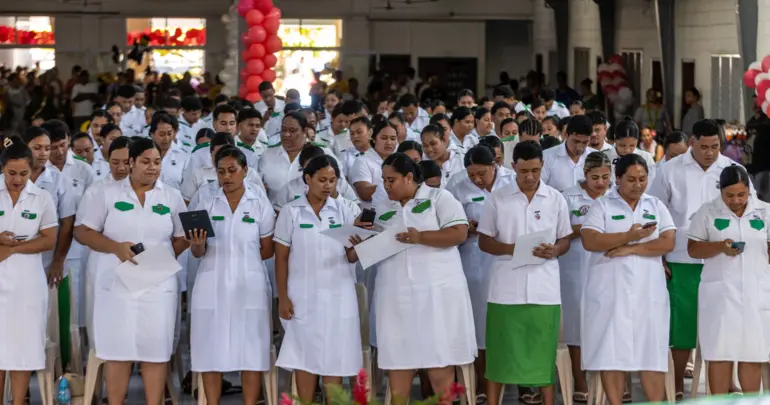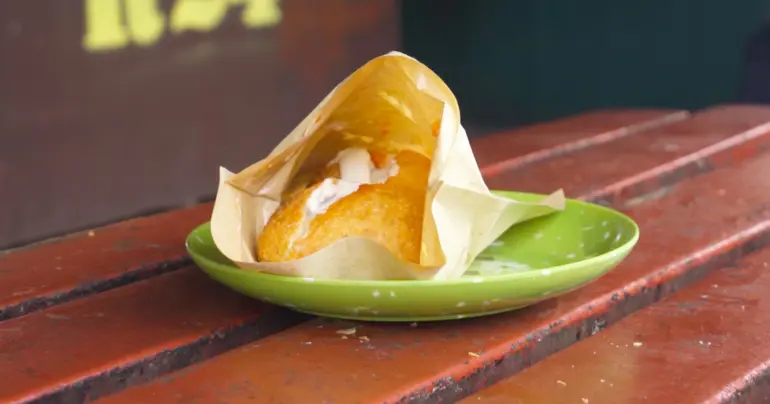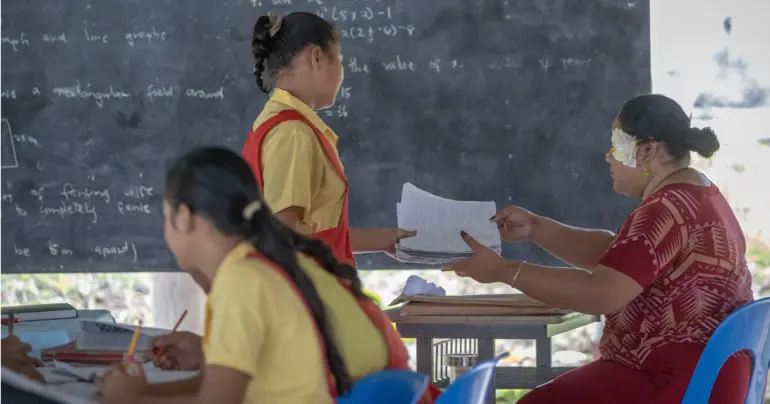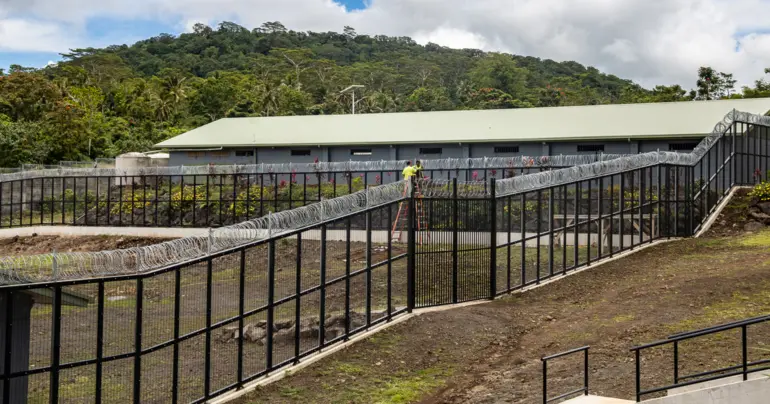District grants’ focus great but budget with long-term benefits
It is great to hear from four Members of Parliament on how they will use their $1 million constituency grants with a focus on key priority areas such as education and agriculture.
The potential intervention of the grants at the community level to change the lives of the people for the better cannot be underestimated. Nor too the decision-making process behind-the-scenes by the district committees, which enables ordinary citizens to finally have a say through their committees, on areas where the public funds can be allocated and the potential outcomes.
An article (M.P.s plan grant use) in the Saturday 19 November 2022 edition of the Weekend Observer had details of the plans of the Members of Parliament for Anoama’a No. 2, Falealupo, Vaisigano No. 1 and Faleata No. 4 in terms of their constituency’s disbursement and use of the grants.
The Anoama’a No. 2 M.P. Alaiasa Sepulona Moananu said a meeting in his constituency has settled on community development, for example agriculture projects.
"So whatever agricultural project for instance a village decides on that is what will be done. Individual projects will be sorted come the next round of the million tala assistance," he told the Samoa Observer.
Agriculture will also be the focus for the Falealupo M.P. Fuiono Tenina Crichton who picked out the crops cocoa, nonu, coconut and bananas as their focus area, as well as critical infrastructure such as a bridge.
Fuiono added that education tuition fees support for tertiary students in his constituency will also be catered for, under the district grant’s budget as families continue to struggle to pay school fees.
As for the Vaisigano No. 1 M.P. Niuava Eti Malolo, his constituency has its eyes on agriculture together with the acquisition of crown land, to set up a solar farm to supply electricity to residents and even sell excess power to the Electric Power Corporation.
Paying tertiary school fees for low income families is also a priority for the constituency, according to Niuava.
While the Faleata No. 4 Member Ale Vena Ale says his district has their eyes set on various community projects.
The focus on agriculture by the four different constituencies is commendable and makes sense at this juncture of our nation’s development – we believe the full agriculture potential of Samoa is yet to be realised.
There are three major reasons why constituencies should focus on this sector: (1) Out of the 28,119 households recorded in Samoa (Report on Samoa Agricultural Survey 2015) in 2015, 97 per cent or 27,411 of them grew crops or raised some livestock which should translate to a high success rate for agriculture projects; (2) High cost of living due to the tough economic conditions brought on by the Covid-19 pandemic means prices of food in Apia supermarkets has skyrocketed, which means agricultural produce could be the alternative cheaper food source for families; (3) Production of excess agricultural produce opens the door to vegetable sales in markets which means extra income for families.
The use of district grants to pay tertiary school fees for low income families in the constituency should be a no brainer, and we commend the Falealupo M.P. for having the foresight to relieve the burden of struggling families.
In fact we believe the child street vendor phenomenon, which appears to have exacerbated in the aftermath of the pandemic, can be addressed if portions of the district grant can be used to pay the school fees of these children.
With Samoa’s most impoverished families having no direct access to income generation opportunities, parents are left with no choice but to force their children into earning an income, by getting them onto the streets of Apia to sell.
A survey of 135 Samoan child vendors by the National University of Samoa (NUS), which was supported by the UNICEF and the International Labour Organisation (ILO) with the survey results published in June this year, found that there has been increase in their numbers and some of them were beaten by their parents if they did not sell anything on the day.
Paying the children’s school fees would be an intervention by the constituency to address an issue that continues to prolong the misery of a lot of children – who should be in classrooms learning and not out on the streets selling.
And the plan by the Vaisigano No. 1 M.P. to set up a solar farm, as a long-term solution to address the frequent power outages being experienced by residents in his constituency, is not off the mark and has multiple benefits.
The proposed selling of excess electricity generated by the constituency’s solar farm to the Electric Power Corporation, which could see the constituency generate revenue from this sustainable power source, is killing two birds with one stone so to speak.
However, as the custodians of these public funds, you would want to be sure that the projects are feasible and the outcomes are tangible to avoid funds getting wasted.
It is important to engage experts from core agencies such as the Ministry of Agriculture and Fisheries and the Electric Power Corporation to study the project proposals and give appropriate advice to district committees.
At the end of the day we all want what is best for the people – but let's ensure the projects stay within the budget and the returns are long-term and can change lives for the better.
Tags











